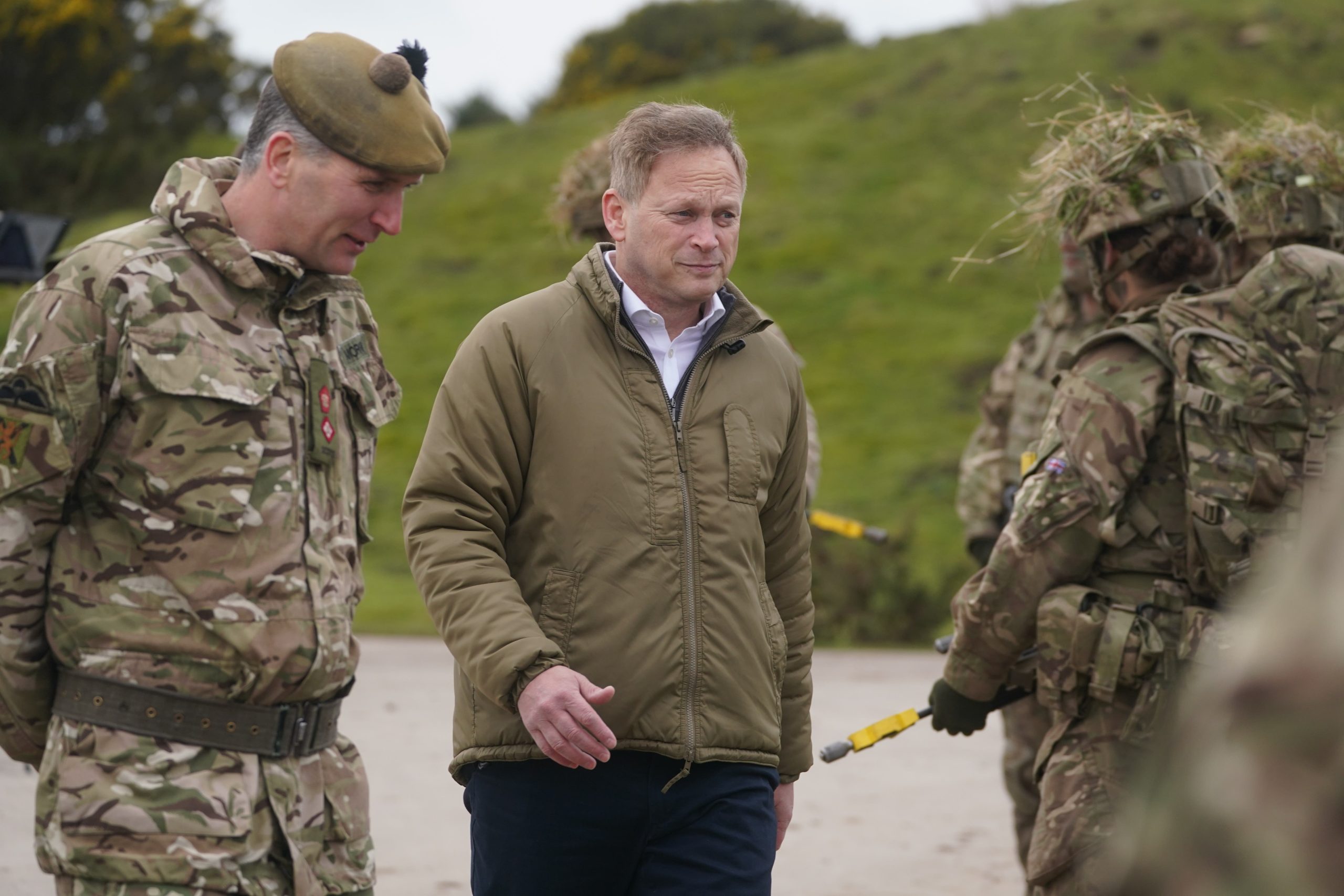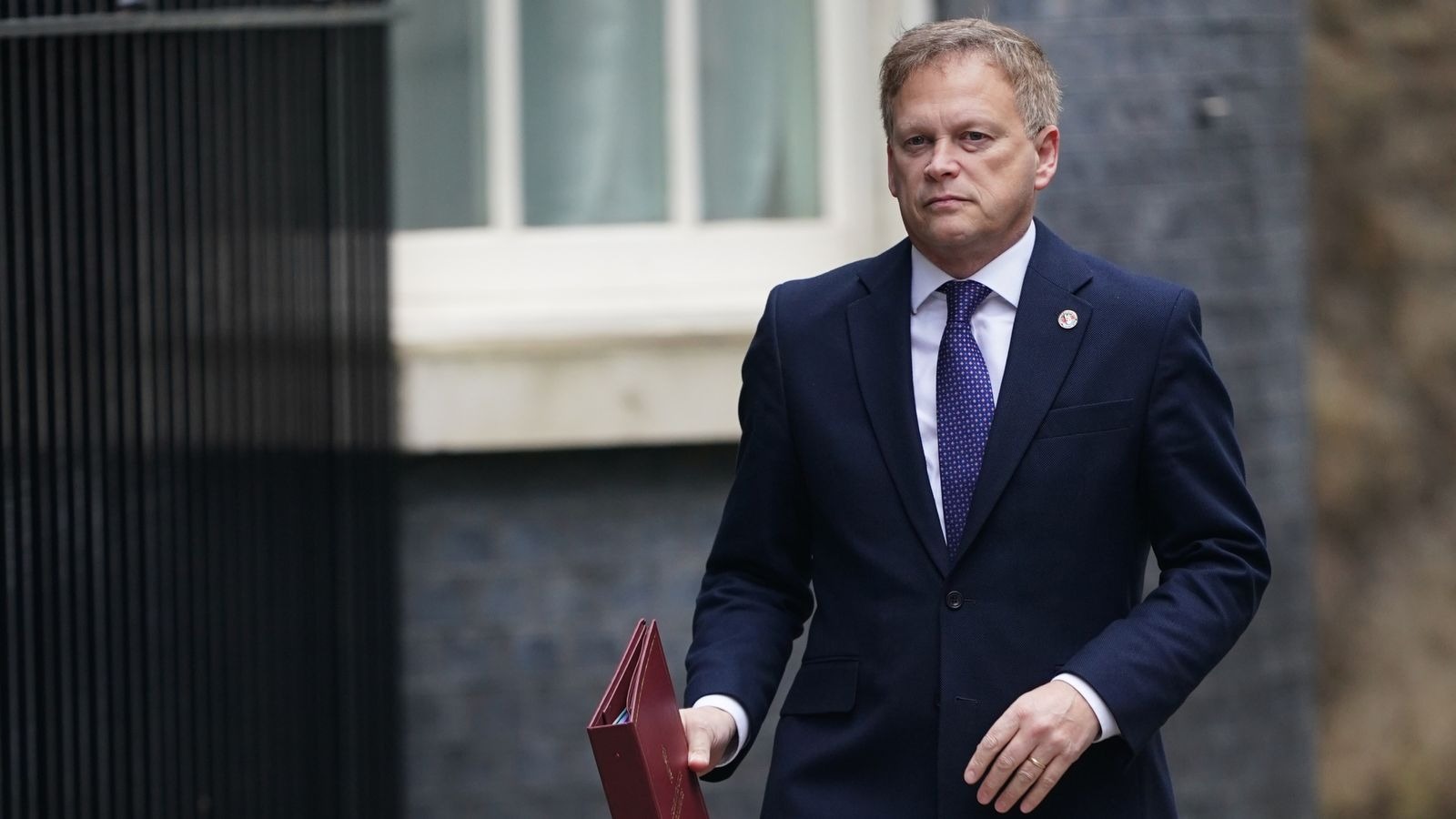Britain’s Defence Secretary Grant Shapps encountered a severe setback during his scheduled trip to Odesa, Ukraine, as a critical Russian missile threat prompted the abandonment of the visit.
The heightened danger coincided with calls from an East European foreign minister urging Britain to consider implementing conscription to bolster its dwindling armed forces in response to the escalating Russian threat.
Intelligence officials escalated the threat warning from substantial to critical after learning that Moscow had become aware of Shapps’s movements within Ukraine upon his arrival by train from Poland.

Accompanied by Admiral Sir Tony Radakin, head of Britain’s armed forces, Shapps was due to travel from Kyiv to Odesa when the threat prompted the cancellation.
The situation intensified as Ukrainian President Volodymyr Zelenskyy narrowly avoided an airstrike while traveling in a convoy with Greece’s Prime Minister, Kyriakos Mitsotakis, underscoring the volatile security landscape in the region.
Shapps condemned Russian President Vladimir Putin’s recklessness and highlighted the perilous nature of recent events, emphasizing the need for vigilance and preparedness in the face of potential threats.
Amid concerns over Britain’s shrinking military capacity, Latvia’s Foreign Minister Krisjanis Karins advocated for considering conscription to bolster national defense capabilities.
Latvia recently reinstated mandatory military service in response to Russia’s aggression, emphasizing the importance of a comprehensive “total defense” model involving all sectors of society.

Former Defence Minister Tobias Ellwood echoed the call for reviewing Britain’s defense model, suggesting increased capacity to enable swift mobilization if needed.
As Russia’s presidential election unfolded, drone strikes targeted three Russian oil refineries, further escalating tensions in the region and highlighting vulnerabilities in critical infrastructure defense.
Russian bloggers criticized their Defense Ministry’s response to the drone strikes, underscoring the need for enhanced countermeasures to safeguard vital assets.
These developments underscore the urgency of robust defense strategies and international cooperation to address evolving security challenges posed by geopolitical tensions.

